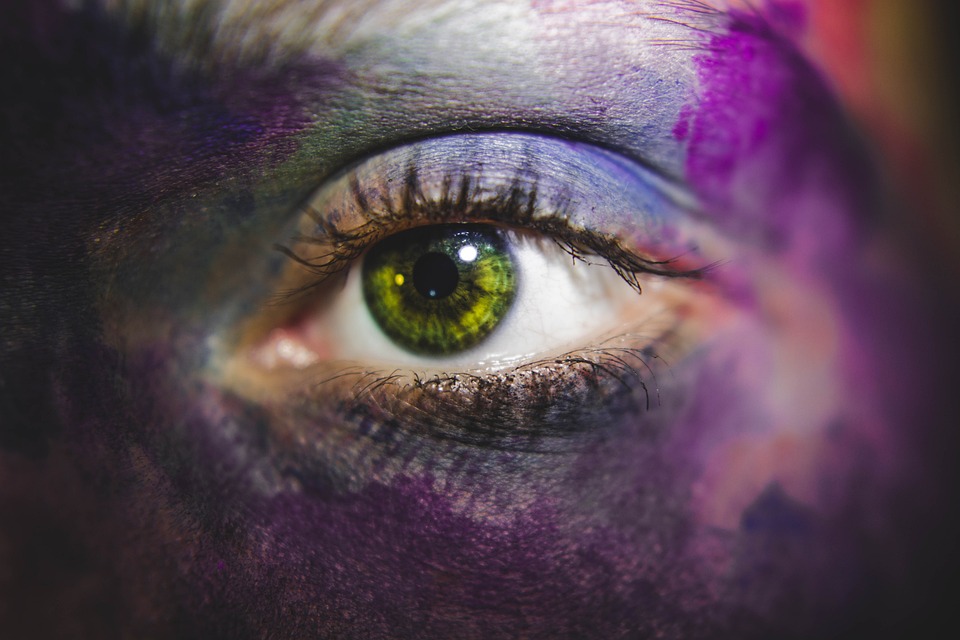Recognizing Dehydration Symptoms: What to Look Out For
Introduction
Dehydration occurs when the body loses more fluids than it takes in. It can happen to anyone, but it is especially common
during hot weather or when engaging in rigorous physical activities. Recognizing the symptoms of dehydration is crucial
for timely intervention and treatment. In this article, we will explore the various signs and symptoms of dehydration
and discuss why it is essential to address it promptly.
Understanding Dehydration
The human body is made up of approximately 60% water, which is essential for various physiological functions. Water helps
regulate body temperature, lubricates joints, aids in digestion, transports nutrients, and flushes out waste. When
the body loses more fluids than it takes in, such as through sweating, urination, diarrhea, or vomiting, dehydration
occurs.
Dehydration can range from mild to severe, and the symptoms experienced can vary depending on the level of fluid loss.
It is essential to recognize and address dehydration promptly to prevent complications.
Common Symptoms of Dehydration
Identifying the symptoms of dehydration is crucial for early treatment. Here are some common signs to look out for:
1. Thirst
One of the earliest and most recognizable signs of dehydration is thirst. When the body is lacking adequate fluids,
it sends signals to the brain, triggering the sensation of thirst. Feeling thirsty is a clear indication that your
body needs more water.
2. Dry Mouth and Lips
Dehydration often results in a dry mouth and lips. If you notice that your mouth feels parched and your lips are dry
and cracked, it could indicate that you are not adequately hydrated.
3. Decreased Urination
A decrease in urine production or a drastic change in urine color can be an indicator of dehydration. When the body is
lacking water, it tries to conserve fluids by reducing the amount of urine produced. If you notice a significant decrease
in urination or dark-colored urine, it is a sign that you should increase your fluid intake.
4. Fatigue and Dizziness
Dehydration can cause fatigue, dizziness, and lightheadedness. When the body lacks fluids, it can lead to a drop in blood
pressure, affecting the oxygen and nutrient supply to the brain. Consequently, you may feel tired, weak, and experience
difficulty focusing.
5. Dry Skin and Eyes
Dehydrated individuals often exhibit symptoms of dry skin and eyes. The lack of sufficient hydration can impair the skin’s
elasticity and moisture retention, resulting in dry and flaky skin. Similarly, your eyes may feel dry and appear red.
6. Muscle Cramps
Inadequate fluids in the body can lead to muscle cramps and spasms. When the body is dehydrated, the electrolyte balance
can be disrupted, which is necessary for proper muscular function. This may result in painful muscle cramps, especially
during physical activity.
7. Headaches
Dehydration can cause headaches and migraines due to the reduced blood volume and oxygen delivery to the brain. If you
frequently experience sudden headaches, it is essential to consider if dehydration is a contributing factor.
8. Rapid Heartbeat and Breathing
When dehydrated, the heart has to work harder to pump blood throughout the body. This can lead to an increased heart rate
and rapid breathing. If you notice an unexplained increase in your heart rate or feel shortness of breath, it is crucial
to evaluate your hydration status.
Preventing and Treating Dehydration
Preventing dehydration is essential, especially during periods of increased fluid loss. Here are some tips:
- Drink plenty of water throughout the day, especially when engaging in physical activities or spending time in hot
environments. - Avoid excessive consumption of diuretic beverages like coffee, tea, and alcohol.
- Eat water-rich foods like fruits and vegetables.
- Monitor urine color – if it is light yellow or clear, it is a good indicator of sufficient hydration.
If you suspect dehydration, it is important to rehydrate your body immediately. Drinking water, sports drinks, or consuming
oral rehydration solutions can help restore the electrolyte balance in the body.
FAQs
Q: Can dehydration only occur during hot weather?
A: No, dehydration can occur in any weather condition or situation where the body loses fluids faster than it can replenish
them.
Q: How much water should I drink daily to prevent dehydration?
A: The recommended daily water intake varies for each individual, but a general guideline is to drink at least eight
8-ounce glasses of water per day.
Q: Are children more susceptible to dehydration?
A: Yes, children are more prone to dehydration as their bodies have a higher water turnover and may not recognize thirst
as readily as adults.
Q: Are there any specific groups that are more susceptible to dehydration?
A: Yes, older adults, athletes, individuals with chronic illnesses, and those who work in hot environments are at a higher
risk of dehydration.
Q: When should I seek medical attention for dehydration?
A: If you experience severe symptoms such as confusion, rapid heartbeat, extreme fatigue, or inability to keep fluids
down, it is important to seek medical attention immediately.
Conclusion
Recognizing the symptoms of dehydration is vital for maintaining overall health and well-being. By paying attention to
signs like thirst, dry mouth, decreased urination, fatigue, and others, you can address dehydration promptly and prevent
potential complications. Remember to stay hydrated, especially during hot weather or physical exertion, and seek medical
attention when necessary. Your body relies on proper hydration to function optimally, so make it a priority to ensure
you are getting enough fluids.

